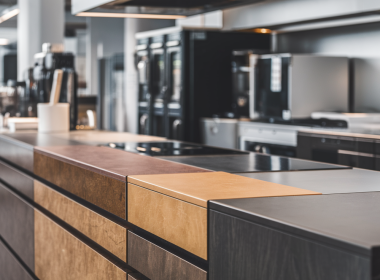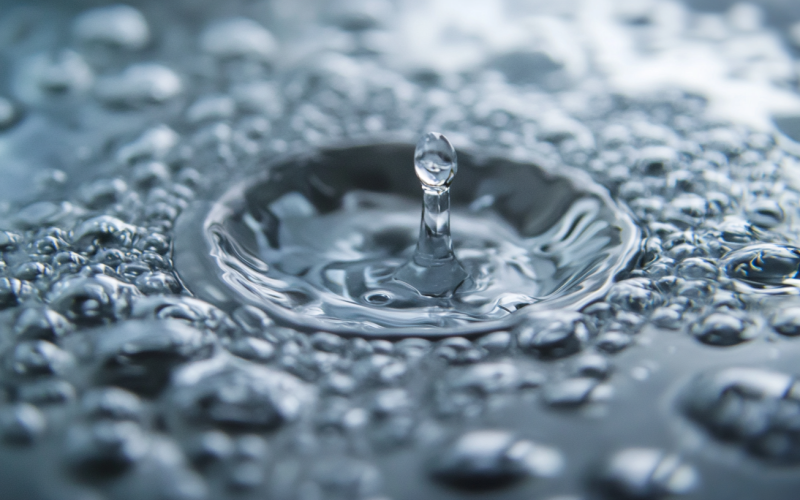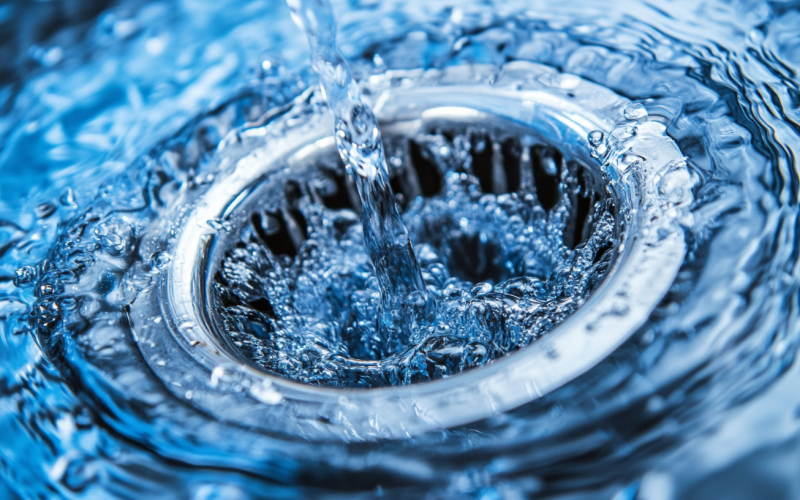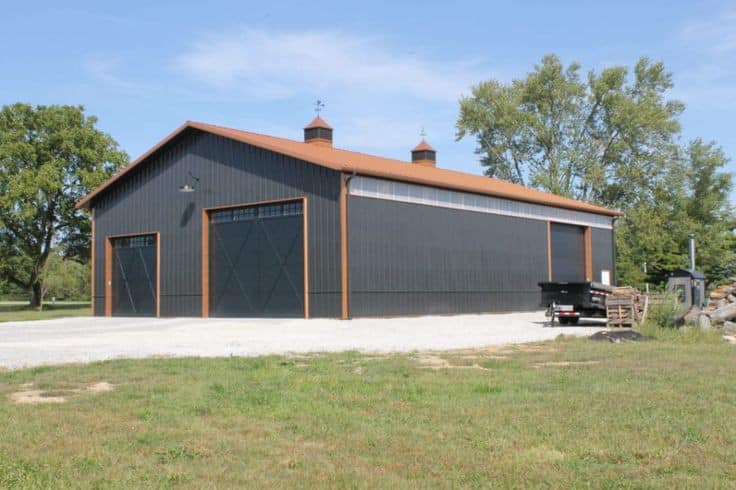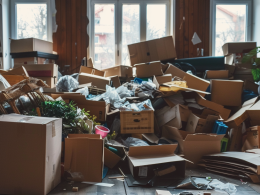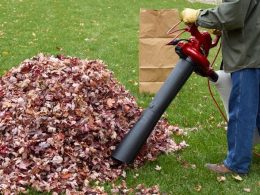Introduction to DIY Drain Maintenance
Regular drain maintenance is essential to ensure a smoothly running household. Ignoring drain care can lead to persistent clogs, unpleasant odors, and even costly repairs. If you frequently deal with slow or blocked drains, it’s important to understand how to unclog your drain and take preventive measures to avoid future problems.
Fortunately, homeowners can handle many drain maintenance tasks without professional help. By implementing a few simple practices, you can keep your drains clear and functional year-round, avoiding inconvenience and potential damage to your home.
Common Causes of Clogged Drains
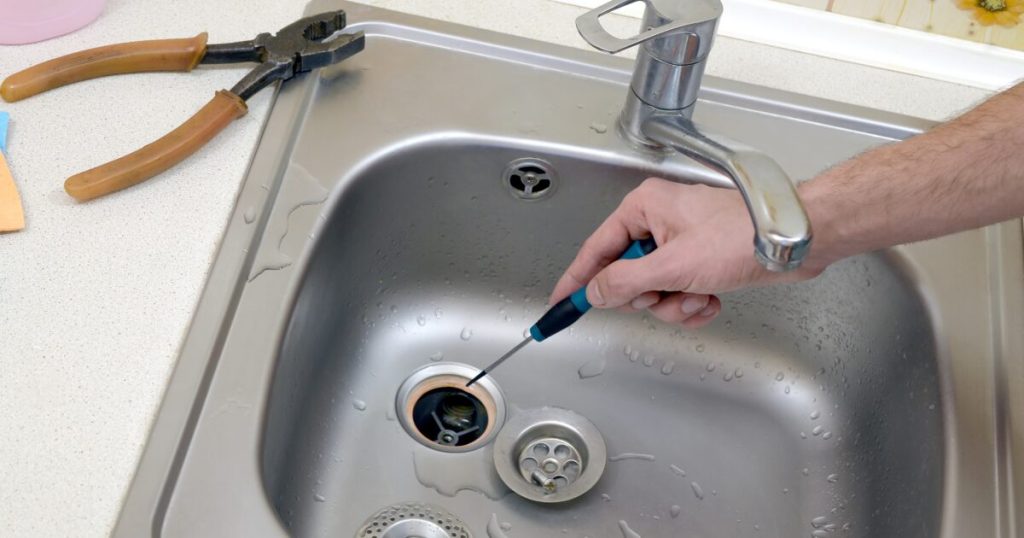
Understanding what causes clogs can help you prevent them from occurring in the first place. Common culprits include:
- Hair buildup: This is a major issue in bathrooms, especially in showers and sinks. Hair can easily accumulate in drains, mixing with soap scum and other debris, which eventually forms a clog.
- Grease: In kitchens, grease pouring down the sink often solidifies as it cools, creating significant blockages over time. These greasy clogs can be exceptionally stubborn and require intensive cleaning efforts to remove.
- Food particles: Small scraps of food washed down the kitchen sink can accumulate and form clogs over time. Even with a garbage disposal, certain food particles can create drainage issues.
- Soap scum: Residues from soap can build up inside pipes, narrowing the passage and restricting water flow. This is particularly problematic in showers and bathroom sinks where soap use is frequent.
- Foreign objects: Items like tissues, wipes, and small toys can obstruct pipes. They can be accidentally or improperly flushed or washed down drains, leading to blockages that require intervention.
Preventative Tips for Keeping Drains Clear
Prevention is always better than cure when it comes to drain maintenance. Following these simple tips can help keep your drains in top condition:
- Use drain screens: Drain screens or filters can catch hair, food particles, and other debris before they enter the pipes. By installing these affordable devices, you can significantly reduce the risk of clogs in kitchen and bathroom drains.
- Avoid pouring grease down the sink: Grease may seem harmless when hot and liquid, but it solidifies upon cooling and can cause major blockages. Dispose of grease in a container and throw it away instead. This small habit change can make a huge difference.
- Run hot water: Regularly flushing your drains with hot water helps to dissolve minor buildup of grease, soap scum, and other debris. This simple act can keep things flowing smoothly and prevent the accumulation that leads to clogs.
- Mind what you flush: Only flush items designed to be flushed. Avoid flushing wipes, tissues, and sanitary products, as they can easily cause blockages.
DIY Methods for Clearing Minor Clogs
Despite your best efforts, clogs can still happen. Here are some effective DIY methods to clear minor blockages:
- Hot Water and Dish Soap: If you suspect a grease clog, pour hot water and dish soap into the drain. The soap will help break up the grease, allowing it to be flushed away. This is particularly effective for kitchen sinks where grease is a common issue.
- Baking Soda and Vinegar: Pour half a cup of baking soda and vinegar into the drain. Let it fizz and break down the clog. After about 15 minutes, flush the drain with hot water. This combination creates a chemical reaction that can effectively clear the drain without harsh chemicals.
- Plunger: A plunger can create enough pressure to dislodge small blockages. Use a plunger designed for sinks, not toilets, for the best results. Cover any overflow outlets to create a vacuum seal.
- Snake or Auger: For more stubborn clogs, a drain snake or auger can be manually fed into the drain to break up or retrieve the blockage physically. This can be particularly useful for deeper clogs that aren’t reached by other methods.
When to Call a Professional

While DIY methods are effective for minor issues, persistent or severe clogs may require professional help. Signs that you need a professional include:
- Slow drainage throughout the house can indicate a main sewer line issue rather than a localized clog.
- Frequent clogs: If clogs keep reoccurring even after you’ve cleared them, it may be a sign of a larger problem that needs professional assessment.
- Unpleasant odors: Foul smells that don’t dissipate could indicate a serious clog or other drainage issues that an expert can best address.
- Unidentified leaks: Slow leaks might result from undetected blockages putting pressure on pipes.
If you encounter any of these issues, it’s best to call an expert to assess and resolve them. Professional plumbers have the tools and experience to efficiently handle more complicated plumbing issues.
The Benefits of Regular Drain Maintenance
Consistent drain care not only prevents clogs but also extends the lifespan of your plumbing. This can save you money on repairs and replacements in the long run.
Additionally, maintaining clean drains contributes to a healthier home environment by reducing the risk of mold and bacteria growth. By being proactive in your drain maintenance routine, you ensure your plumbing system remains reliable and efficient.
Regular maintenance also minimizes the inconvenience and frustration of unexpected plumbing problems. The peace of mind from knowing your drains are in good order is invaluable.
The Environmental Impact of Proper Drain Use
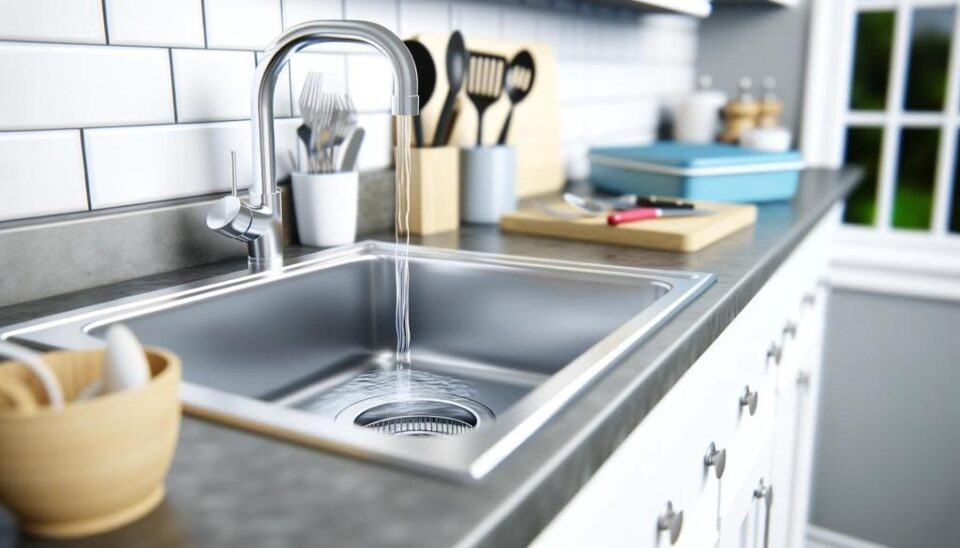
Practicing good drain habits can also contribute to environmental conservation. For instance, not pouring harmful chemicals down the drain reduces pollution in the water supply. Instead of using chemical drain cleaners, which can harm your pipes and the environment, opt for natural cleaning methods like baking soda and vinegar.
Additionally, fixing leaks and ensuring proper drainage can help conserve water, an increasingly precious resource. A well-maintained plumbing system is less likely to experience leaks or inefficiencies, which means less wasted water. Every small action counts when it comes to protecting our planet.
Wrapping Up
Incorporating these simple DIY tips into your routine ensures your drains remain clear and functional. Regular maintenance and effective use of natural cleaning methods can prevent many common drainage issues. Always remember that while handling minor clogs at home is possible, professionals assist with more severe issues.



